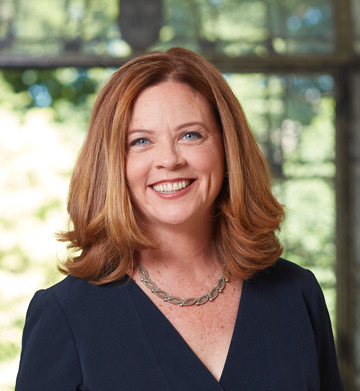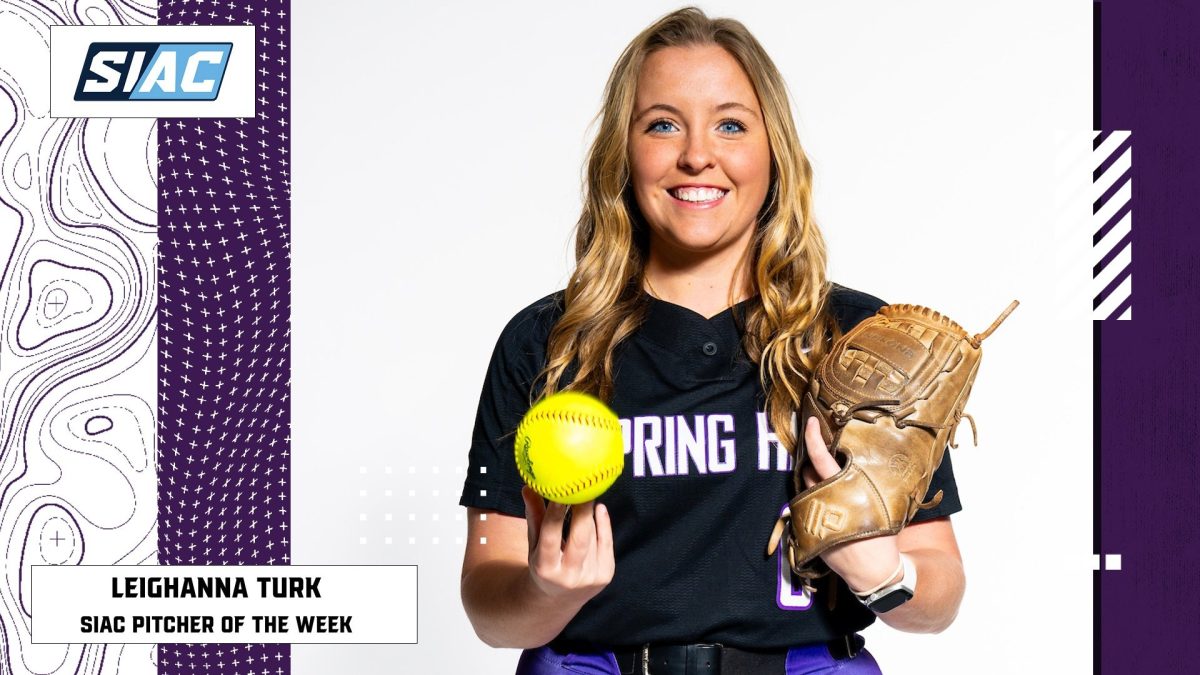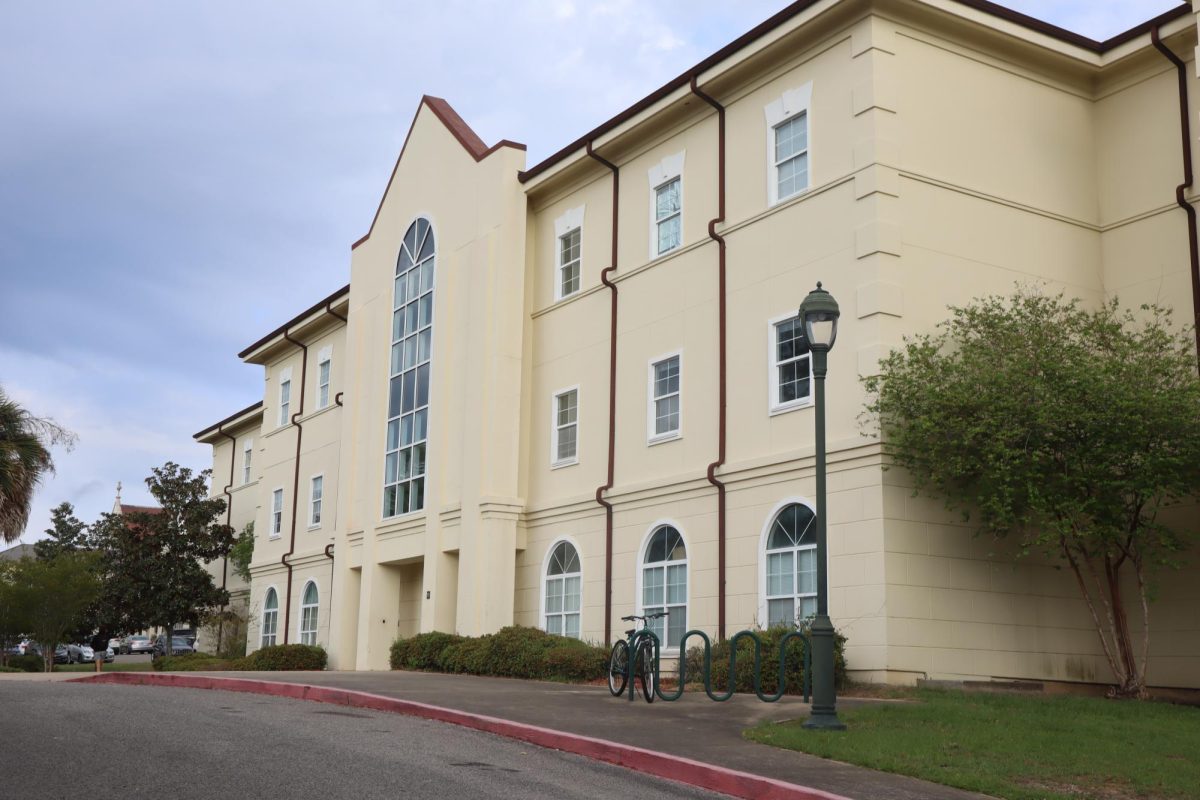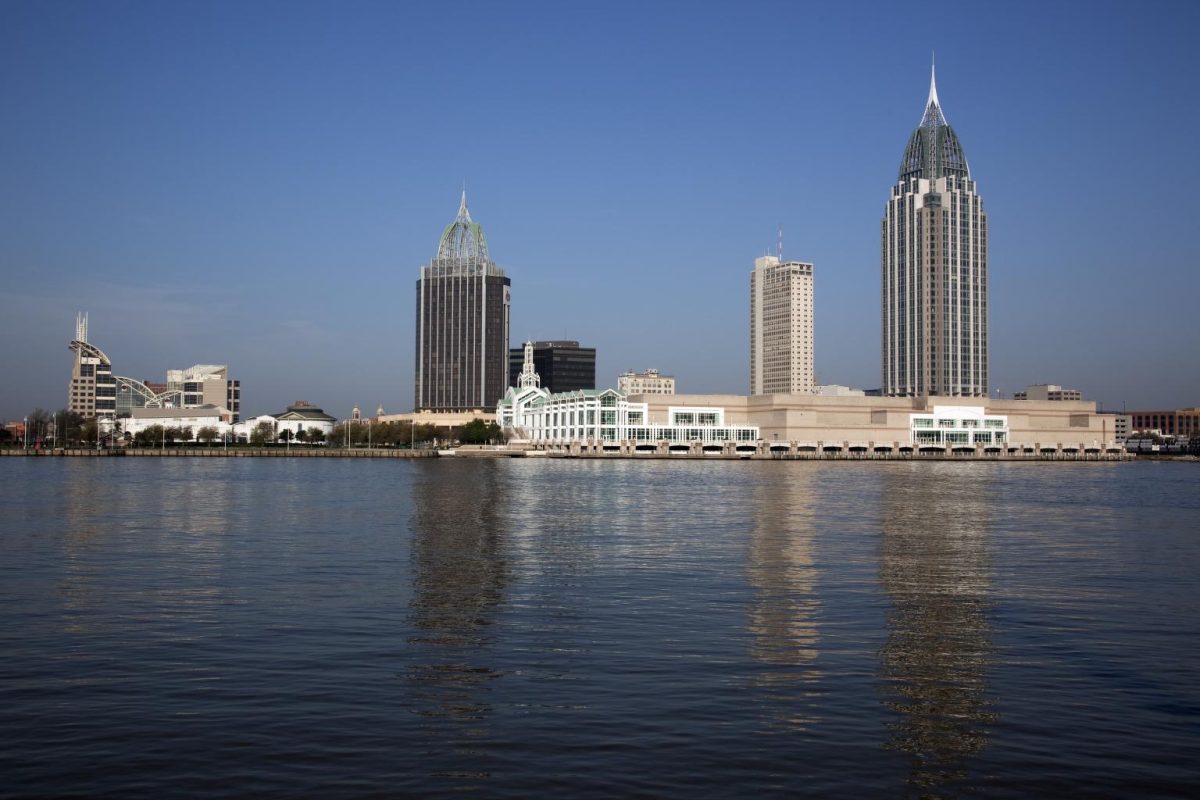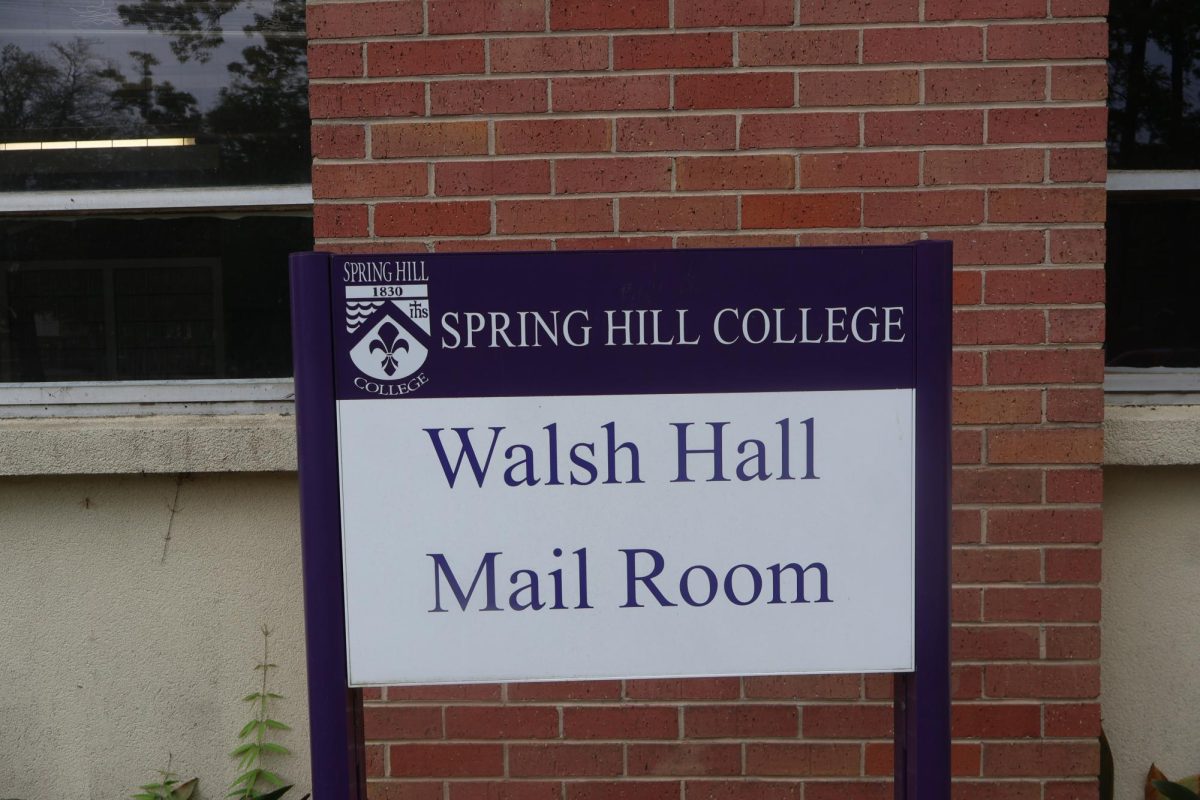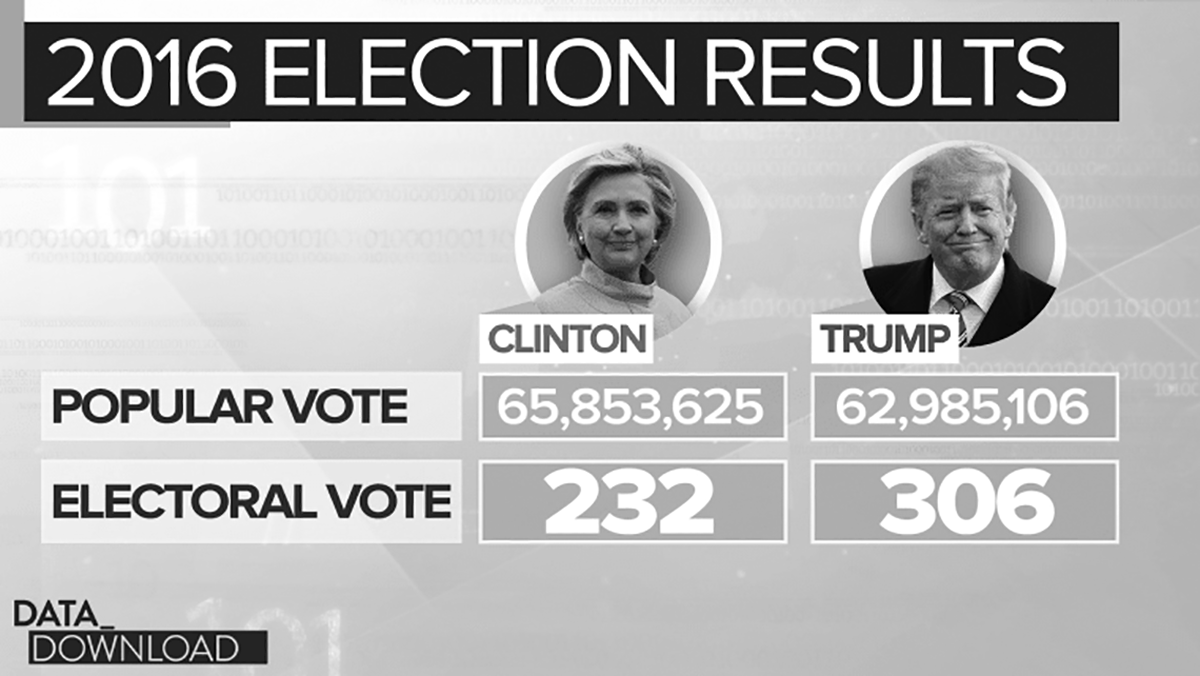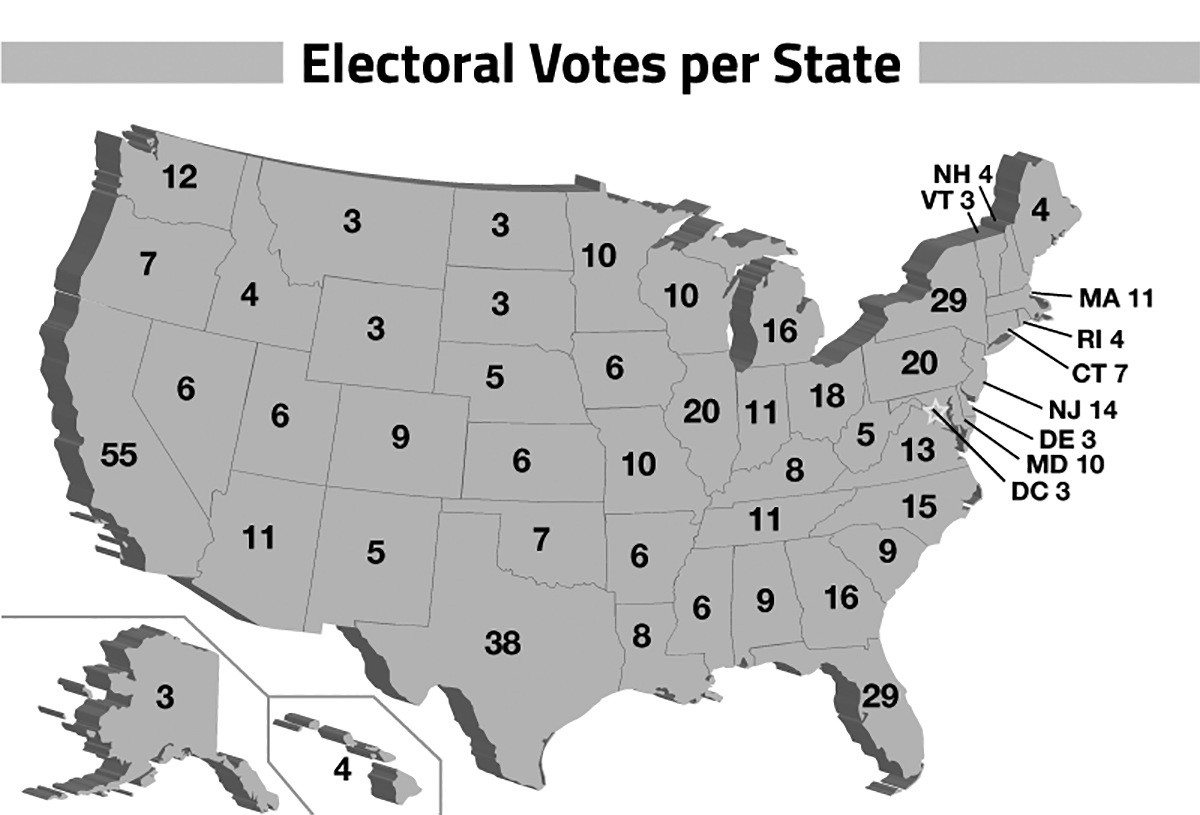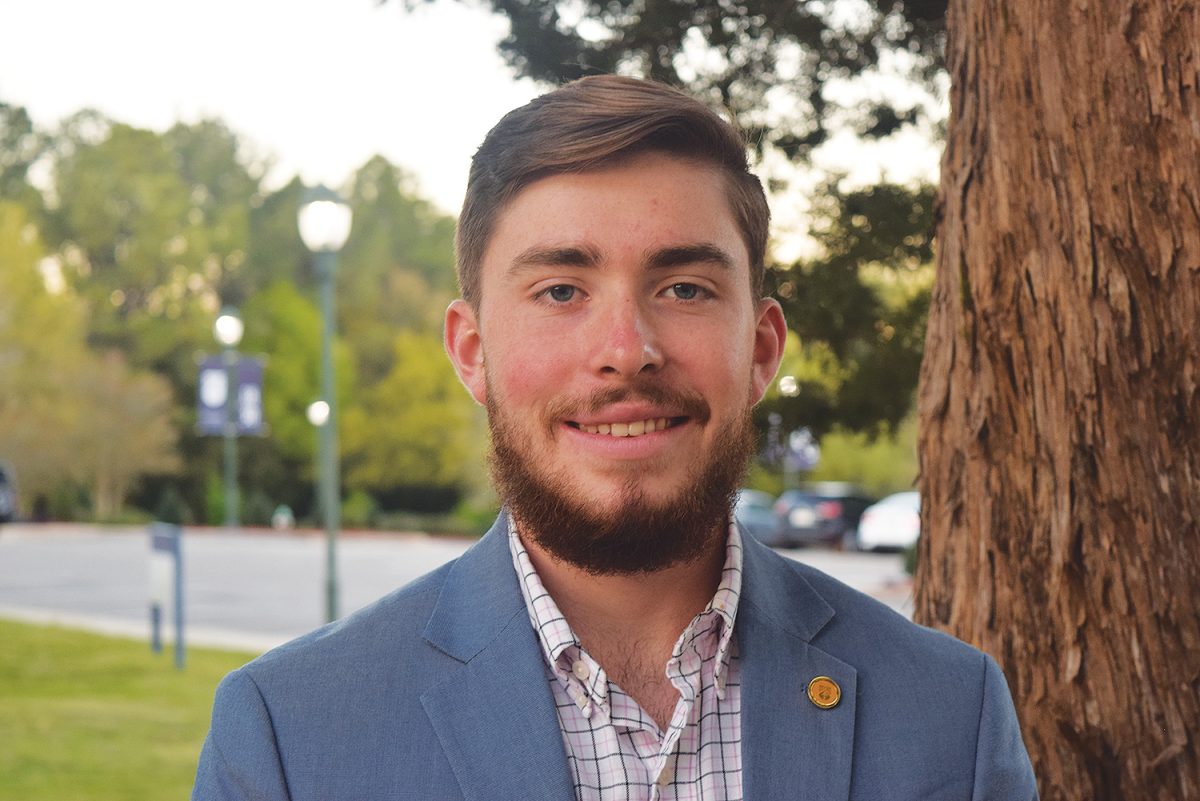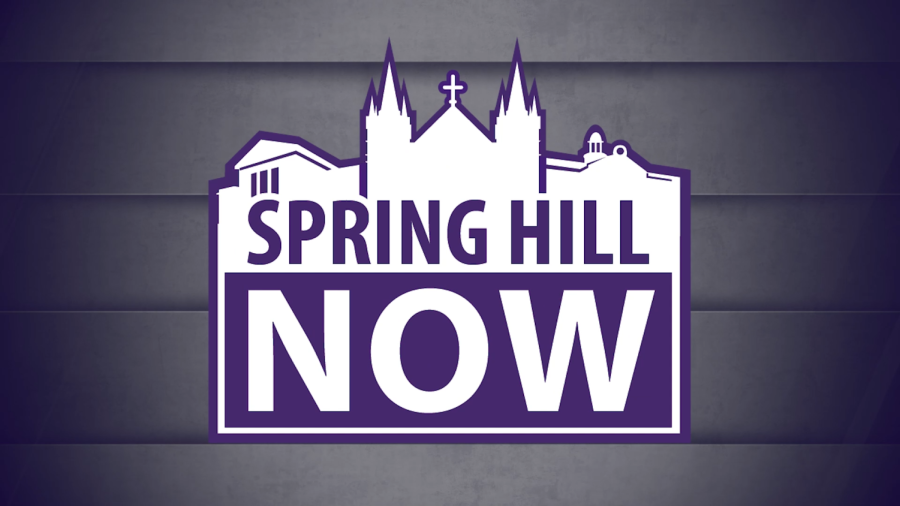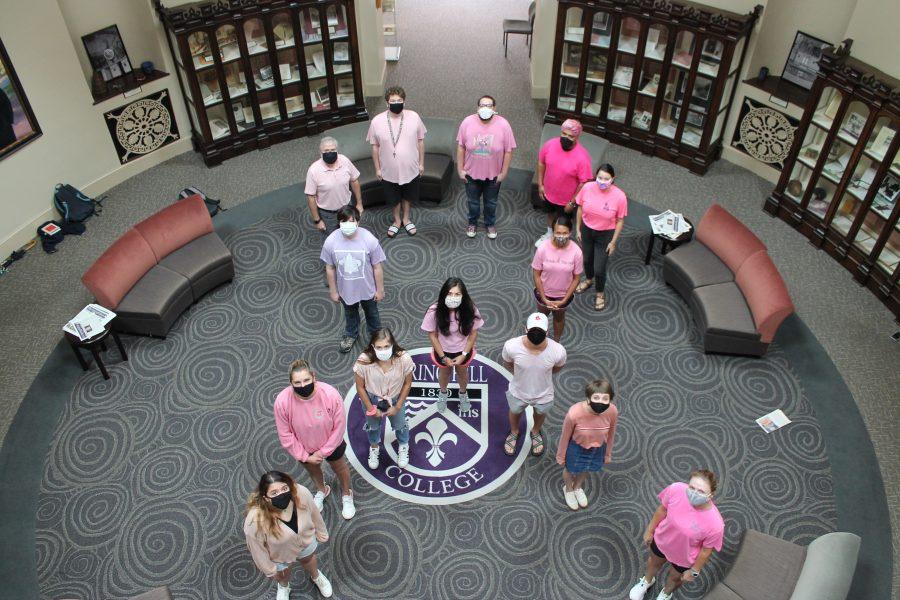Scheduled a week after the Presidential election, the Supreme Court will hear a case that has the potential to eliminate the Affordable Care Act.
When the ACA was first enacted in 2010 it gave almost 20 million people access to health care and the fear of it possibly being overturned leaves people thinking: what will happen to those who are uninsured?
John Eads, a professor for Spring Hill’s Division in Business, and who has a Master’s in Healthcare Administration offered some insight on the healthcare system.
“Healthcare is extremely complicated and people don’t know much about it,” said Eads. He explained how technically one could argue that everyone has access to healthcare. “If I show up to emergency room right now, they’re going to see me even if I’m uninsured.” He mentioned a friend of his that had to be sent to the emergency room for an infection. Although Eads’ friend was uninsured he was still able to receive treatment. “It’s against the law to turn someone away from the hospital because they receive funding from the government,” said Eads.
So, then why is health insurance so important? The difference can be seen in two ways. One, is the bill. An uninsured person who is treated at the hospital costs on average $900 (USA Today). Although Eads made the remark, “I would say about 95% of those who are uninsured and receive treatment don’t have to pay. Eventually a hospital will write off the bill and not collect it.” He did acknowledge though, the ability to not pay one’s medical bill would “hurt one’s credit and possibly force someone to have to file for bankruptcy.” Second would be the follow up care. For someone who is uninsured they would have a difficult time visiting and paying to see a private physician. One visit to the doctor’s office without insurance can cost anywhere between $300-$600 (Plushcare).
Needless to say, those without health insurance are place in a difficult position. They are faced with the choices of destroying one’s credit, attempt to pay a hefty bill, or ignore their medical conditions.
While Eads said that one could argue everyone has access to healthcare, Dr. Harold Dorton disagrees. “Not everyone has access to conventional healthcare. Many people rely on over-the-counter remedies and folk medicine, but that is not the same as having access to anything comprehensive. The real issue is millions of people in the U.S. do not have access to healthcare that meets the standards of an industrialized nation,” said Dorton. He did mention that what uninsured people had “at best” was access to emergency rooms, but he referred this as a “relatively inadequate option limited by geography and transportation.”
With the ACA granting 20 million people access to health insurance, the idea that it could be overturned seems daunting. “Tens of millions of people lose coverage within weeks,” said Dorton, “this assumes that Medicare expansion will collapse without the 90% federal contribution to states, and that the exchanges will fold.” Dorton also brought up the fear that close to 10 million people would be in danger of losing coverage because of the protections for pre-existing conditions, which is something currently provided by the ACA. All in all, Dorton believes that if the ACA were to be repealed without a strong plan waiting in the wings to take its place, the consequence would be negative.
This year it is estimated that a little over 300,000 women in the United States will be diagnosed with breast cancer (Cancer.net). The ACA, the law whose existence is reportedly “hanging by a thread” helps many of those who are diagnosed with cancer receive affordable treatment in several ways (NPR). The law helps provide preventative care, such as mammograms, at no cost to patients as well help low and middle-income people afford health insurance. One of the most important things for breast cancer is timely diagnosis and treatment. Low-income women without insurance have lower rates of mammography screening and often face additional roadblocks to receiving treatment (NCBI).





